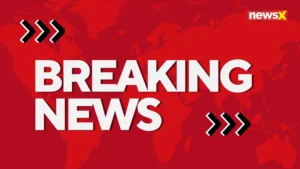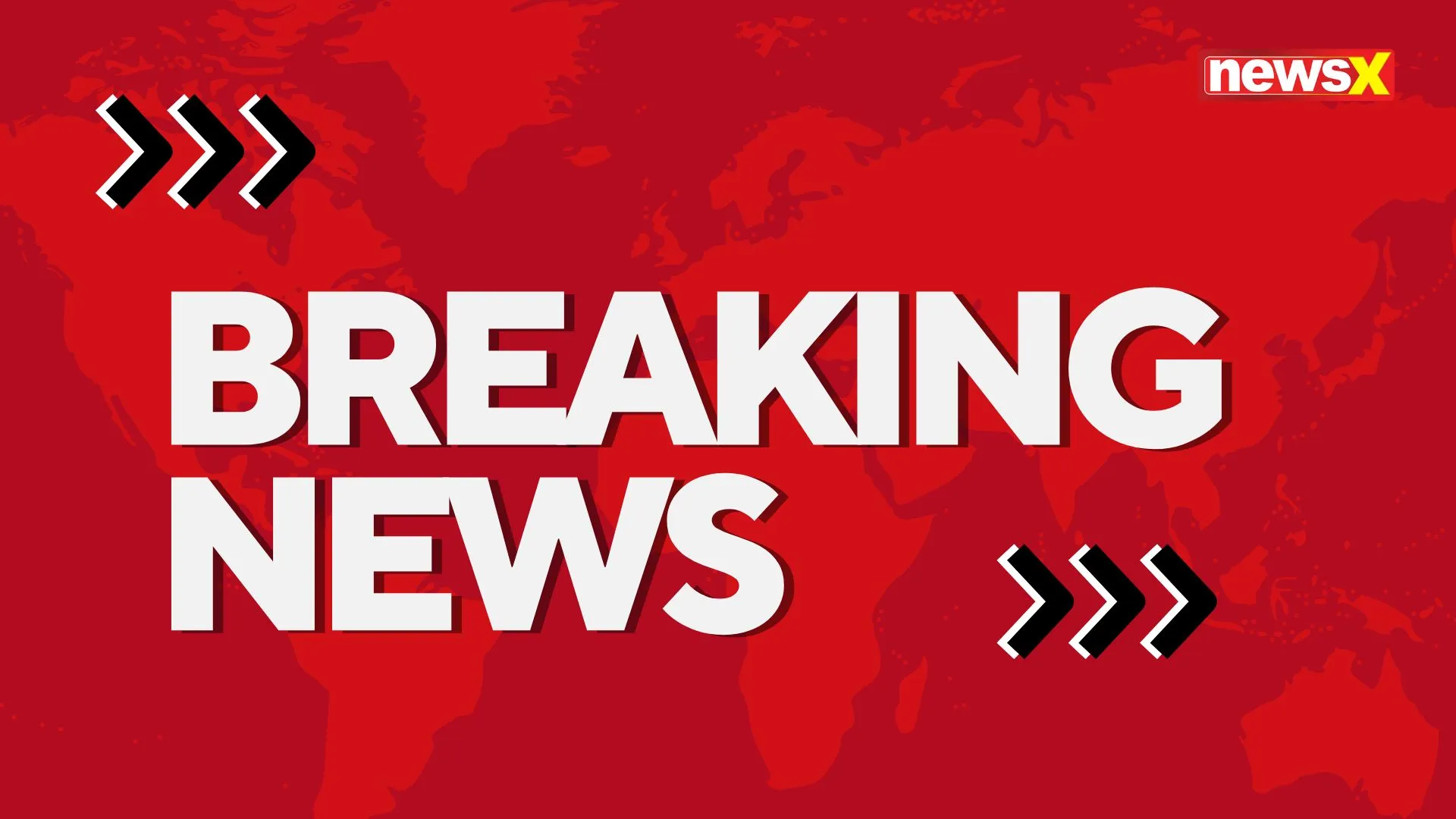In response to escalating student protests that have claimed 105 lives, the Bangladesh government has declared a nationwide curfew and announced plans to deploy the military to restore order. The unrest, which has spread across the country, has prompted swift action from authorities to quell the demonstrations and ensure public safety.
Prime Minister Sheikh Hasina’s administration has ordered police and paramilitary forces to lock down university campuses and disperse protestors. Ministry of External Affairs spokesperson Randhir Jaiswal assured that the approximately 15,000 Indians, including 8,500 students residing in Bangladesh, are safe. So far, 405 Indian students have been evacuated, according to Meghalaya Chief Minister Conrad Sangma.
Current Situation
The government has taken stringent measures to curb the unrest by enforcing a curfew and mobilizing military forces. Security personnel have been deployed extensively across Dhaka and other major cities, focusing on university campuses where the protests are most intense. The aim is to dismantle protest gatherings and prevent further escalation.
Ministry of External Affairs spokesperson Randhir Jaiswal has provided updates on the safety of Indians in Bangladesh, emphasizing that measures are in place to protect them. “There were around 15,000 Indians, including 8,500 students, currently residing there and they were all safe,” Jaiswal said.
Protesters’ Demands
The protests are rooted in opposition to the existing quota system, which reserves 30% of government jobs for descendants of veterans who fought in Bangladesh’s 1971 war of independence against Pakistan. Demonstrators argue that this system is discriminatory and disproportionately benefits supporters of the ruling Awami League party. They are advocating for a merit-based system instead, which they believe would promote fairness and equal opportunity.
Evacuation of Indian Students
Amid the chaos, efforts to evacuate Indian students from Bangladesh have been underway. Meghalaya Chief Minister Conrad Sangma confirmed that 405 Indian students have been safely evacuated, with 80 hailing from Meghalaya. In a video posted by news agency ANI, Sangma expressed his concerns about the situation and detailed the evacuation efforts.
“We are aware that the situation is a localised issue…it is very unfortunate…as soon as we got this information, we immediately moved into action. Close to 405 students from India have been evacuated from Bangladesh…out of them, 80 are from Meghalaya…we are in touch with the Indian Embassy…” Sangma stated.
Government Response and International Reaction
The Hasina government’s decision to deploy the military marks a significant escalation in its efforts to control the protests. The move has drawn mixed reactions both domestically and internationally. Human rights organizations have expressed concern over the potential for increased violence, urging the government to seek peaceful resolutions.
The international community is closely watching the developments in Bangladesh. Neighboring countries and global powers are calling for restraint and dialogue to address the underlying issues driving the protests. The Indian government, in particular, is focused on the safety and well-being of its citizens in Bangladesh, coordinating with local authorities to facilitate their evacuation.






















